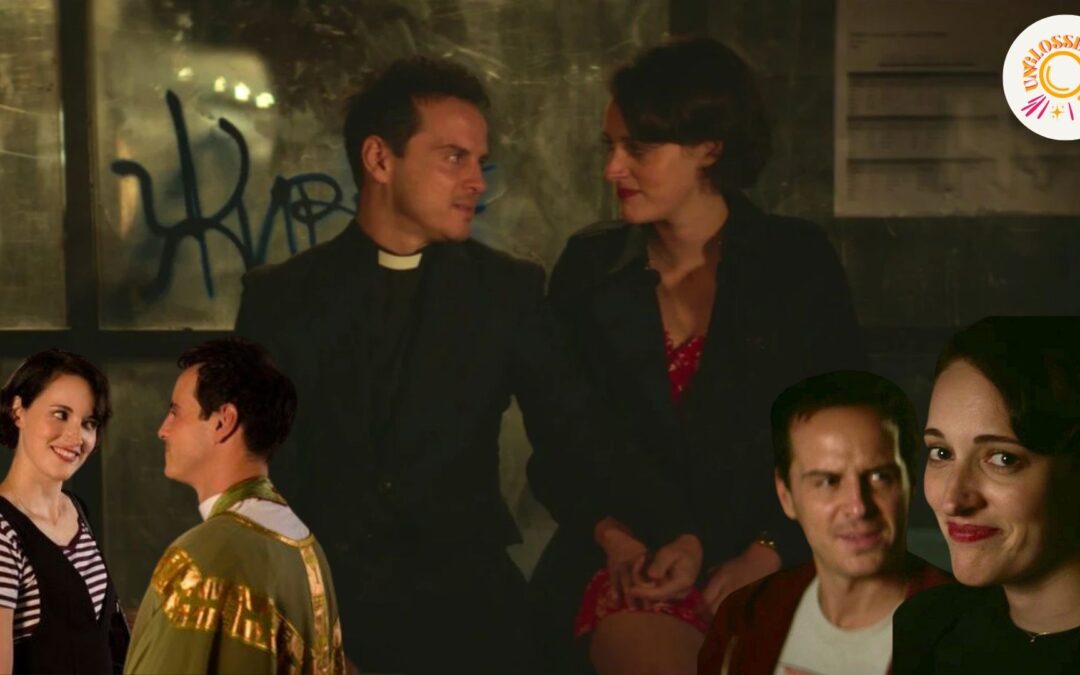It’s Day 25 in the villa, and everything starts to seem blissfully settled, until the Casa Amor twist lands like a bombshell of its own. Suddenly, couples that once seemed unshakable are cracking. He’s tempted by someone “his usual type.” She’s crying in the Beach Hut, questioning everything. Loyalty collapses. Chemistry reignites. And we’re left watching it all unravel.
But what if this isn’t just a TV drama? What if it’s a mirror into how temptation, novelty, and emotional psychology really work in the dating world? From dopamine-fuelled decisions to the modern curse of ‘too much choice’, Love Island isn’t just about coupling up, it’s a living case study in human desire.
The Love Island villa may be a reality show set, but emotionally, it operates more like a pressure-cooker holiday romance. “It just feels easy,” explains Sex and Relationship Coach Gemma Nice. “You’re away from real life, there’s no work, no stress, no phones, no social media – you can literally just chill and focus on that one thing without any outside factors.”
With the outside world shut out and intimacy fast-tracked, the islanders don’t just couple up, their relationships are accelerated within a matter of days. But if Love Island speeds up the falling, it also speeds up the falling apart, and just as quickly as bonds are formed, they’re broken.
Enter: temptation.
Whether it’s a new bombshell, a sneaky kiss in Casa Amor, or the reappearance of an ex, the allure of something new can override even the strongest day-one connection. “There’s often sexual tension, unresolved feelings, or just plain chemistry when a new bombshell enters,” Gemma explains. “You’re not really thinking about the outside because you’re in this holiday bubble, so it’s easier to rationalise giving in to that temptation.”
One of the main forces at play here is the concept of novelty bias, the psychological phenomenon that drives us to value newness. According to science, our brains are wired to chase new things, and when a new and exciting option comes along, we are susceptible to thinking it is the answer to our unsolved problems. Gemma echoes this, saying “It might be that they’re not actually getting what they need or desire from the relationship they’re currently in, and that leads them to cheat, because something isn’t quite right. Maybe they’re not getting enough attention, so they go looking for it elsewhere. Maybe they’re not feeling sexually satisfied, so they seek that from someone new. This plays out in everyday life, and it’s definitely seen in Love Island too.”
At its core, Love Island is structured to nurture the ‘grass is greener’ mindset. Just as a connection begins to deepen, producers throw in a twist: new contestants, new flirtations, new “what ifs.”
But what happens in the villa doesn’t stay in the villa, it echoes our own dating lives, particularly in the era of apps. Tinder, Hinge, Instagram DMs: they’ve created a world where we’re always one swipe away from something potentially better, what psychologists might call a ‘choice overload’. When we’re bombarded with potential partners, our ability to feel satisfied with one drops. “You see it all the time now,” says Gemma. “People are leaving dating apps because it’s just too much. You’re overwhelmed by options but underwhelmed by connection. New options also just make us question what we actually want from relationships, what are we truly desiring within our connections?”
Now even if a couple does survive Casa Amor unscathed, there’s still no guarantee they’re truly compatible. In fact, many of Love Island’s strongest early couples collapse shortly after leaving the villa, and science might have something to say about that.
“Short-term chemistry usually lasts around four to six months,” explains Gemma. “It’s driven by a flood of hormones: oxytocin, dopamine, serotonin, endorphins – all your happy, calming love hormones.” In a closed-off, high-intensity environment like the villa, this rush of connection is amplified. “You’re always on each other. It’s all new, you haven’t had any arguments yet, and you’re not in the real world.”
But what happens when those hormones fade? “Once you come out of the villa and those hormones start to dwindle,” Gemma says, “that’s when we start to see the real person.”
This distinction between chemistry and compatibility is critical, not just on TV, but in real life too. Our culture now glorifies instant connection, with viral “relationship goals” montages, TikTok meet-cutes, Hinge dates with electric first impressions. But vibes fade, and compatibility, communication, and mutual growth are what sustain something long-term.
It’s no surprise, then, that some of Love Island’s most enduring couples weren’t the flashiest – take Zach and Molly for example. They were the ones that built something beyond initial attraction. Because while chemistry lights the fire, it’s compatibility that keeps it burning.
So, what kind of relationship actually survives the villa? Or, more importantly, what kind of mindset?
“Communication and trust,” says Gemma. “Letting go of insecurities, being open, honest, real, that’s what sustains you. Half the time, people aren’t really honest in relationships. But in the villa, you have to be. You’ve got nowhere to hide.”
Gemma adds that true longevity often comes down to self-awareness. “You can’t find a real relationship unless you’ve healed yourself. You need to love yourself first, otherwise you’ll project your past onto new people.”
So Love Island isn’t just reality TV, it’s a distilled version of how we date now. Fast feelings. Endless options. The constant question: could I do better? Maybe the real lesson isn’t about loyalty or love triangles, but about how modern dating has trained us to look for fireworks instead of foundations. And in a world obsessed with the next best thing, resisting temptation might just be the ultimate survival strategy.

To find out more about Gemma Nice, please visit: Gemma Nice Award Winning International Sex & Relationship Coach, Yoga Coach For High Achieving Women. Teaching Women How To Have Intimate, Loving Healthy Relationships That Last. Steyning West Sussex.










